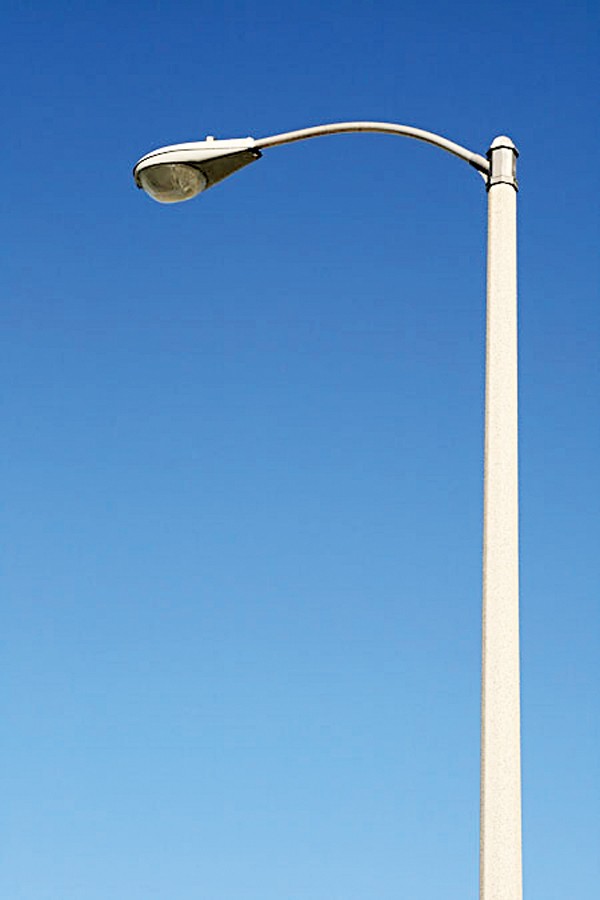
The battle to have streetlight fees reduced for homeowners isn’t going the way some Memphis City Council members thought it would.
The council wants monthly fees lowered from the current $4.32 per household per month, but it looks like those will remain the same for now. The fees are tacked onto the utility bills of Memphis Light, Gas, and Water customers.
Last week, members of the council’s MLGW committee passed a resolution that would have consolidated residential customers’ streetlight fees with that of apartment dwellers, meaning both would pay $3.17 each month. However, the MLGW board of directors rejected the proposal.
“I felt like I got hit in the stomach when I heard the decision,” said Councilman Lee Harris. “We’ve been working on trying to get a fair system for streetlight fees, so it’ll be as low as possible for as many Memphians. We sent that fee structure over to MLGW, and they rejected it.”
Last Thursday, the MLGW board approved a resolution that maintains the current fees being paid by both single-family homes ($4.32) and apartment dwellers ($1.08) but equalizes a fee for all commercial establishments.
Small commercial customers currently pay $6.48 each month and large commercial customers pay $19.07 per month for each individual billboard they operate. The new fee, if passed by the city council, would require all commercial establishments to pay $8.65 monthly instead.
The number would provide some relief to larger commercial businesses, but smaller businesses, such as the Memphis branch of outdoor advertising company CBS Outdoor, would see its current fees increase. Dave Hogue, real estate manager for CBS Outdoor, said the company currently pays more than $600 monthly in streetlight fees. He said their billboards have their own lights, so they don’t utilize the streetlights.
“If it’s done, it should be done equitably and fairly to all citizens,” Hogue said. “It’s unfortunate that something like that can be passed without looking at the impact is has on individual businesses before it’s done.”
Controversy began to surround streetlight fees after some residents in private developments, areas that pay fees to homeowner associations for amenities and services such as streetlights, complained about making additional payments to MLGW for the city’s streetlight fees. Some residents in private developments don’t even have streetlights in their neighborhoods.
George Kessler resides in the city’s newly annexed South Cordova area. He thinks people living in private developments should be exempt from paying streetlight servicing fees.
“We live in a little, private community where we maintain our own streetlights as far as maintenance and the cost of electricity, so I don’t think it’s fair what Memphis and MLGW have done,” Kessler said. “The fees should be eliminated.”
Initially, streetlight fees were included in property taxes. However, an ordinance was passed that altered the way streetlight billing would work. Fees are now incorporated into utility bills. The fees raise approximately $12.9 million annually. Half of that money is used to pay for electricity usage of the streetlights and the other half is used to maintain them.
MLGW President Jerry Collins Jr. said now that people are aware that some of their money goes to servicing streetlights, some have decided to voice their opposition to the fees.
“When streetlight fees were paid for by the property taxes, it was out of sight, out of mind. No one paid any attention to it,” Collins said. “The difference is, now it’s an item on your utility bill that says ‘streetlight fee,’ which calls attention to the fact that streetlights cost money to maintain.”